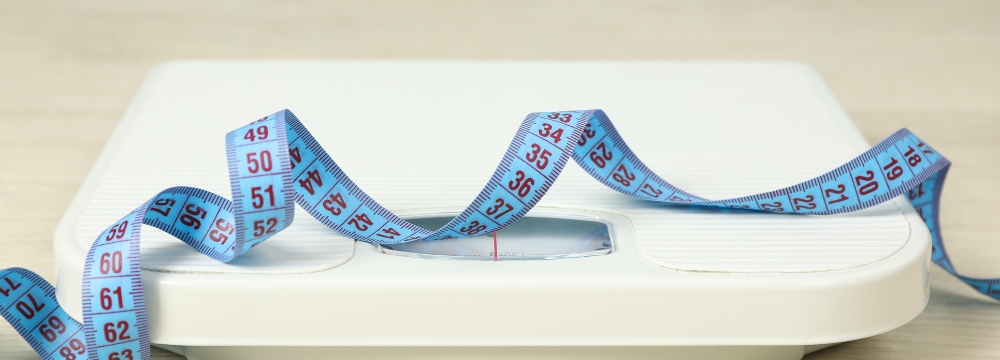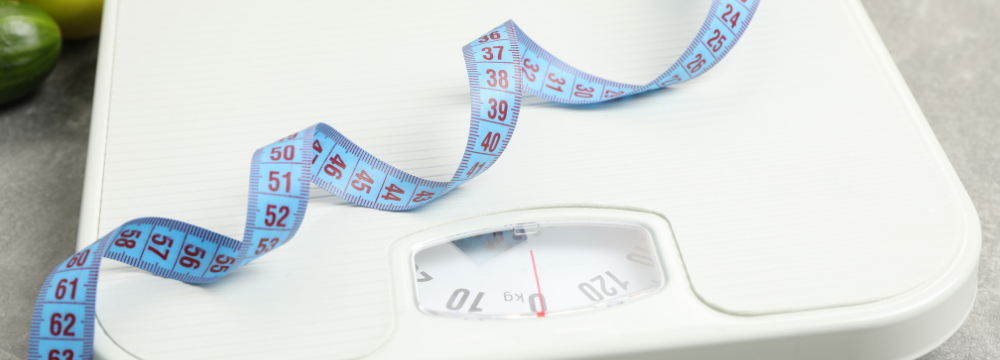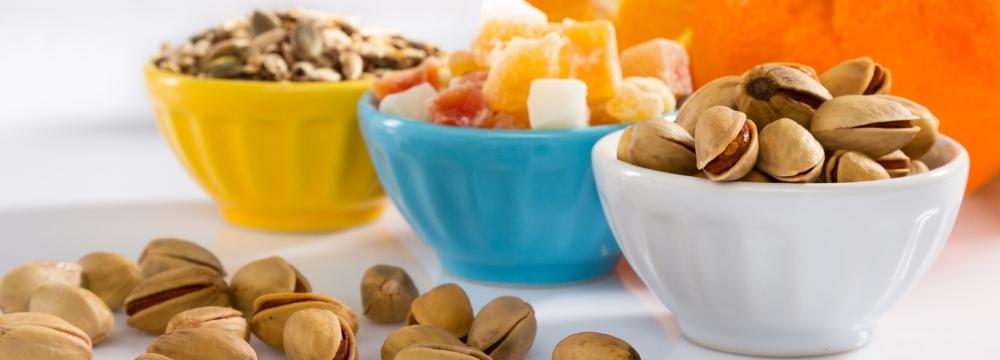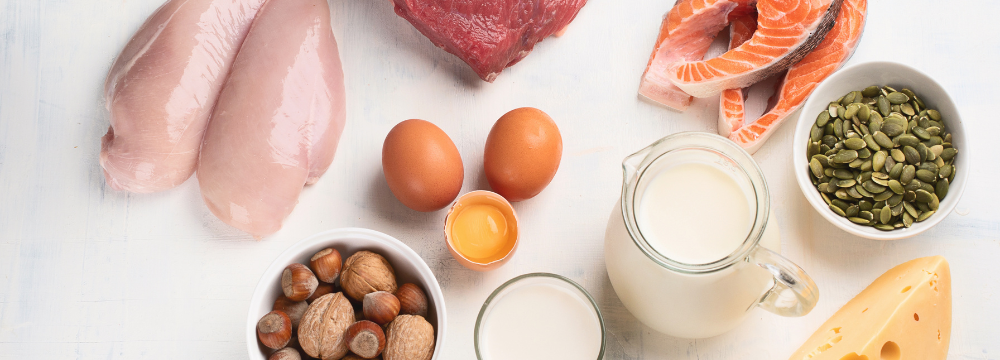New Bariatric Guidelines Released by Major Societies

If you have spent time researching bariatric surgery, you’ll note that the basic guidelines to qualify for surgery are pretty much set in stone. You must have a BMI of 40 or a BMI of 35 or above with one or more comorbidities (diseases associated with obesity) to qualify for most bariatric procedures. These guidelines have been in place since 1991 and have guided our decision-making in choosing the ideal patient for surgical intervention. While these guidelines have allowed millions of people to choose weight loss surgery as a long-term sustainable option, it can be argued that these relatively restrictive criteria have also limited many from getting bariatric surgery, even if their metabolic state would suggest they were good candidates. For this and several other reasons, only one to two percent of people who qualify for bariatric surgery will have the procedure.
The New Guidelines
The American Society for Metabolic and Bariatric Surgery (ASMBS) and the International Federation of Surgery for Obesity and Metabolic Disorders (IFSO) have released their joint recommendations on qualifications for bariatric surgery, and they are far more relevant to the situation today. Patients with a BMI of 30 to 34.9 with one or more obesity-related diseases should be considered for bariatric surgery. Patients with a BMI over 35 should qualify according to these new suggestions, even without weight-related diseases. The new guidelines importantly also consider the patient’s racial and ethnic background. They suggest that people of Asian descent should consider bariatric surgery at a BMI of 27.5 based on data showing they suffer from metabolic disease at a lower BMI than those of other races.
Why Have the Guidelines Changed?
The answer is straightforward – the evolution of knowledge and technology. When these guidelines were established in 1991, bariatric surgery was a very different landscape. For one, the predominant technique used at the time was open surgery, which came with several potentially significant consequences, including incisional hernias, risk of infection, blood loss, and prolonged recovery. Right around that time, we were starting to transition over to laparoscopic, minimally invasive surgery and, in doing so, reduced those risks dramatically. Today, bariatric surgery is one of the safest major surgical procedures in the United States and worldwide, with a risk profile similar to other gastrointestinal procedures like gallbladder removal.
Technique and technology have also changed, and we now have more surgical options than ever, giving patients with varying conditions additional options. For example, patients with uncontrolled or poorly controlled type two diabetes or gastroesophageal reflux may benefit the most from a gastric bypass. Those with very high BMIs may opt for the duodenal switch or SADI. Of course, a gastric sleeve is also an excellent option for most patients. These procedures have also been standardized. We know how much of the stomach to remove and where to connect limbs of the small intestine. While we take this knowledge for granted, the picture was far less clear just a decade ago, and results were more erratic. Older bariatric procedures with higher complication rates are no longer being performed. We also have far better follow-up protocols that set patients up for success long into the future.
What Do These New Guidelines Mean?
Unfortunately, new guidelines take some time to be adopted universally. However, they can and will eventually be used as guidance for policymakers, insurance companies, and physicians. Despite the delay in widespread adoption, society’s guidelines are based on the best available scientific evidence and should be considered the gold standard for what patients qualify for bariatric surgery.
The Body Mass Index
While we’re at it, it’s probably worth taking a deeper look at the body mass index and whether it is as useful as we once believed. In short, it probably shouldn’t be the only measure of qualification for bariatric surgery. Stay tuned next month on our blog to learn more about utilizing the body mass index.
Ultimately, these new guidelines are an exciting step in the right direction. We look forward to updating you when governmental and regulatory guidance has caught up to the data we have. In the meantime, if you qualify for bariatric surgery, feel free to watch our online seminar or visit us in person to learn more about your options.
Surviving Thanksgiving After Weight Loss Surgery

After weight loss surgery, you’ll likely notice how much of our celebrating is centered around food. Several of our holidays and special events are punctuated by special food and drink. The most obvious of these holidays has got to be Thanksgiving! Your tiny stomach doesn’t allow for a typical Thanksgiving, so you must adjust how you celebrate. But that doesn’t mean you can’t have a good time! And, as is often the case, the best defense is a good offense! Thanksgiving is right around the corner, so read on to help yourself develop a plan to stay on track!
How and When to Tell People You’ve Had Weight Loss Surgery

Fair warning – Once you start losing a noticeable amount of weight, you are GONNA get questions! Friends, family, coworkers, and even people you barely know will want to know your secret. The good news is that YOU can decide what and how much you want to tell people. Read on for some tips and thought-provoking questions to help you prepare to answer those questions.
First things first – remember, this is YOUR personal information, and you don’t have to tell anyone anything you don’t feel comfortable sharing. Some people are open books and will be happy to tell anyone about their weight loss surgery. That’s ok. Some people may be very private about it and not want to discuss it beyond necessity. That’s ok too. Most of us will fall somewhere in between.
3 Things I Wish I Knew Before Having WLS

I’ll be honest. I’m the studious type. I read a LOT before having my weight loss surgery. I’d read about where the incisions would be, what recovery would be like, the different diet phases, potential complications, expected timelines, macros, etc. But even I didn’t know EVERYTHING! Read on to learn the three things that still surprised me even after all the reading I had done to prepare for bariatric surgery.
Surviving Halloween After Weight Loss Surgery

After weight loss surgery, you may find that many holidays and celebrations look different. If the way you commemorated special events was focused on food or drink, you might need to re-evaluate how you will celebrate. And, as is often the case, the best defense is a good offense! Halloween is right around the corner, so read on to help develop a plan to stay on track!
If you’ve got kids, you’ll probably be trick or treating. You might have to go to multiple trunk or treats, neighborhood events, and class parties too! Take advantage of the opportunity that trick or treating provides to get in some extra steps! Look at it as the perfect excuse for a nice long walk. And, if you’ve already managed to lose a decent amount of weight, reward yourself by getting a fun costume that you’ll love to show off!
Maintenance Stage Challenges

Weight loss surgery is considered the most effective way to lose a significant amount of weight and has the highest rate of maintained weight loss. Despite that, many people experience weight regain after weight loss surgery. Why is that? I have a few personal insights to share.
Currently, I am almost three years post-op from Gastric Sleeve surgery. It took me about 17 months to lose 145 pounds. I’ve been in the “maintenance stage” for the past 15 months. During those 15 months, my weight fluctuated back and forth between 115 and 125.
Snacking After Weight Loss Surgery

Let’s talk about the “s” word. No, not that one. Snacks! In the early days of eating solid foods after weight loss surgery, snacks will be vital for you to get enough calories and protein. Even a few bites of food will make you “Thanksgiving full!” So, it’s crucial to eat several times a day. You’ll have to remind yourself to eat, even when you don’t feel hungry!
But, as the years go by, our stomachs can accommodate more, and our diets liberalize. That means that snacks won’t be as important (or maybe not needed at all). This can be tricky because if we get accustomed to eating several times a day, we can forget that the calories creep up. Before you know it, your weight loss has stopped. Or maybe the number on the scale has started to climb back up gradually.
How To Handle Sugar Cravings After WLS

If you’re like most of us, you’ve got a sweet tooth. Before my bariatric surgery, I was ALL about the sweets – cakes, ice cream, cookies, lattes, candy… you get the idea! And to be honest, bariatric surgery only tackles the stomach, not the brain. So, those cravings did not go away magically. Although bariatric surgery restricts how MUCH you can eat, it’s certainly not a cure-all for cravings. Here are some tips for when those old cravings creep their way back in.
One of the exciting and lesser-known side effects of bariatric surgery for some people is a change of tastes and preferences. Things you used to love might suddenly taste unappealing. Or something that you never cared for might become a new favorite. It’s possible (but not very likely) that you may not like sugary things anymore.
Bariatric Friendly Foods

In your post-bariatric surgery life, knowing what foods are best for you can be overwhelming. Trying to research “healthy” foods can make your head spin! It seems like everyone has a different definition of “healthy,” and perhaps that’s why we as a society are drowning in so much misinformation. Thankfully, for us bariatric patients, there are some solid guidelines to follow to increase our odds of sustained success in our new healthier life. Here are some simple things to look for when searching for the best post-op food options:
Meal Prepping After Weight Loss Surgery

If you’re like me, your social media is probably bombarded with posts, pins, stories, and reels showcasing all kinds of inspiring meal-prepping hacks. From the cool containers to the seemingly seamless grab-and-go lifestyle, meal prepping can be a great way to save time and money and stay on track with your dietary goals. Here are some great meal-prepping tips as well as why they work:



